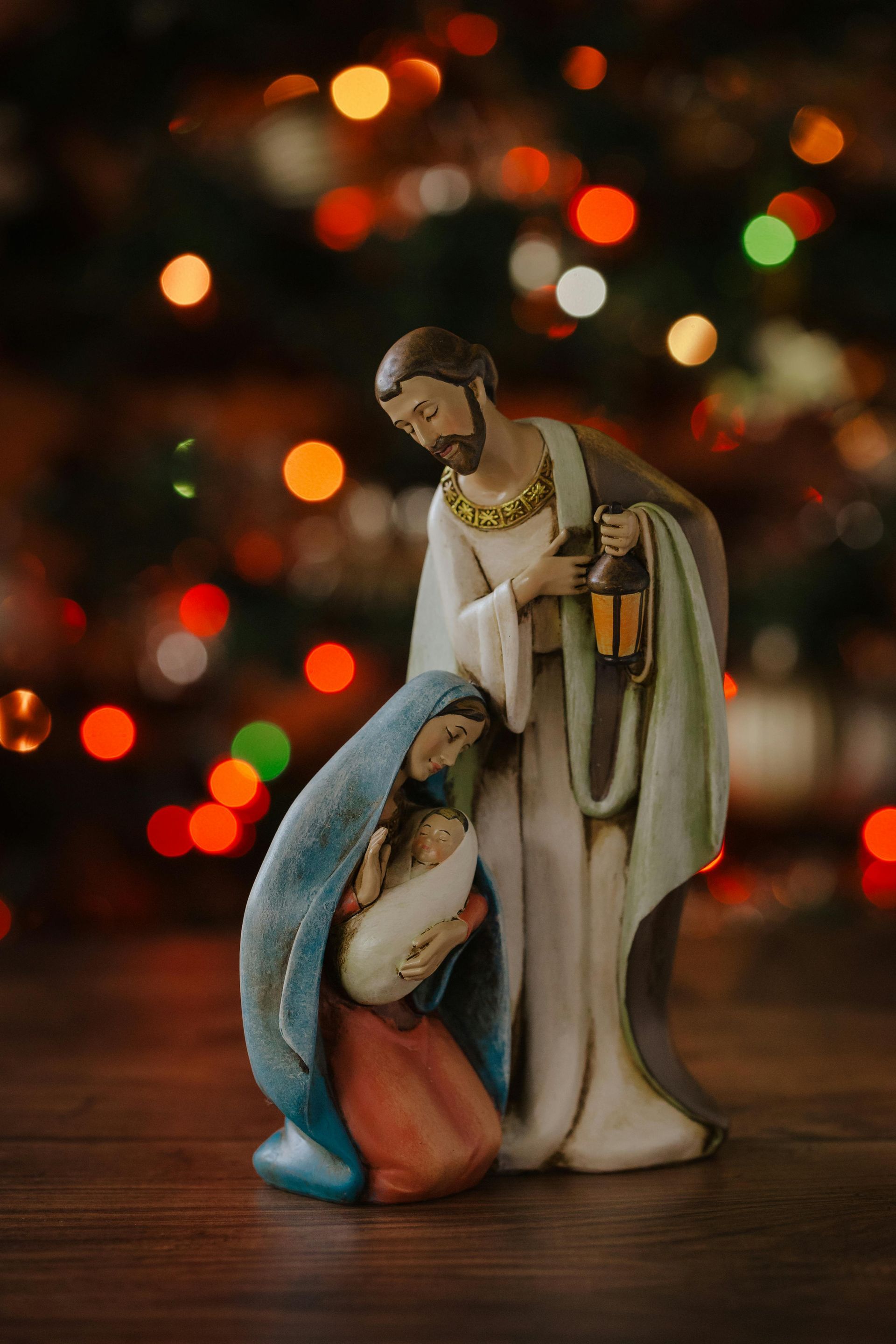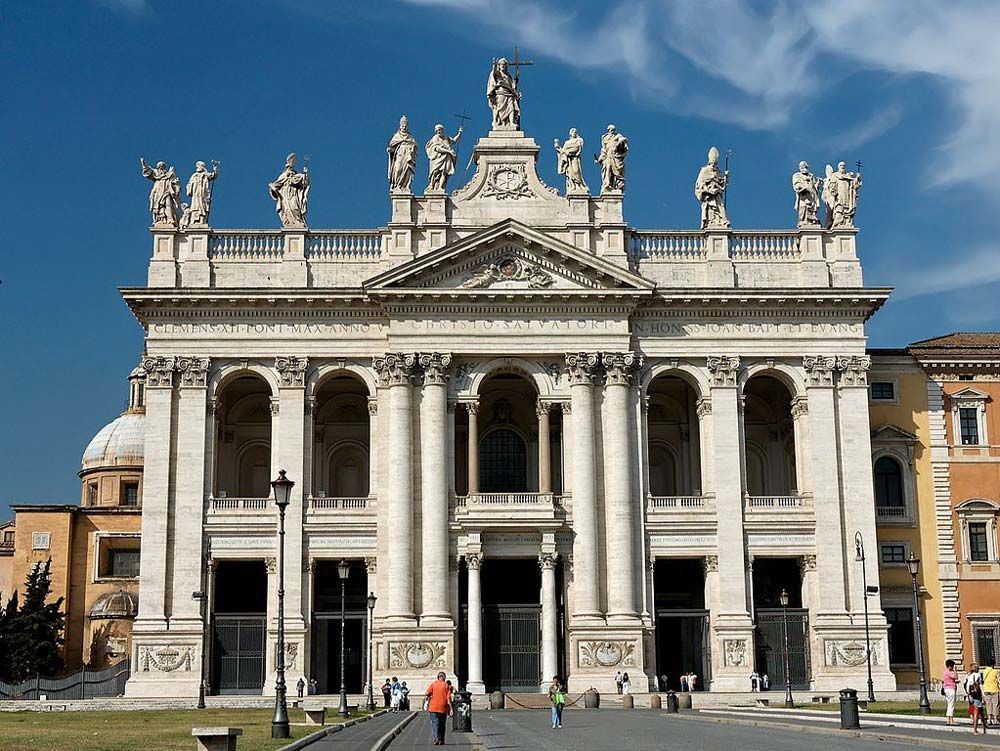7th Sunday of Easter -June 1, 2025
This is a subtitle for your new post
7th Sunday of Easter
June1, 2025
You may recall that 42 days or so ago we sat in the dark and heard the first part of the bible proclaimed for us. We heard of the creation story from Genesis. The first bool of the bible. Today as we end the Easter season we hear from the last book of the bible, the book of Revelation.
Next Sunday we will celebrate the feast of Pentecost. We will remember the birthday of the church when the Holy Spirit came to rest upon the disciples.
None of the disciples were ready to be filled with the Holy Spirit and have their lives changed forever.
In our reading from Acts of the Apostles we hear the death of the first deacon of the church. We are told that the cloaks were stacked before a man name Saul. (We know him as St. Paul.) I am sure Paul thought about this episode many times after he became an apostle of Jesus. God often calls those who are not the qualified. It has been said “God doesn’t call the qualified, God qualifies those who are called.” The same is true for us. God calls each one of us not because we are qualified, but because God chooses those who God qualifies.
As we end the season of Easter, we wait for the Holy Spirit to call us despite our unworthiness. God has a call for each of us. We need to be open to this call.
Matthew Kelly calls this the best version of ourselves. We are all called to be the best version of ourselves.
I recently found a story about this call in Lisa Kelly’s book The Spiritual Path.
This is what she has to say:
When I first started going to spiritual direction as an Ignatian Associate, I had a narrow understanding of what it means to praise and reverence God. In fact, I outright told my spiritual director I just wasn’t good at that sort of thing. I imagined praising and reverenceing to the hands raised and and swaying in the air at charismatic renewals I has commonly witnessed with Protestant friend the solemn hours on knees spent in convents of old. My brilliant spiritual director, a seventy -something, gray-haired, no- no-nonsense Servite sister, smiled and asked, “How do the lilies of the field praise God? “I fumbled for an answer. “Well, they look pretty. They are just naturally beautiful, and they smell good, and they are just… lilies.” I pieced together, thinking to myself, I am no lily! I couldn’t just spend my day blowing in the wind with my face toward the sun.” So, lilies praise God just by being lilies, by being exactly what they were created to be,” she explained with a broad smile that reflected knowledge far beyond anything I could fathom. My face remained blank, not understanding how that made any difference to what I needed to do to save my soul. She added, “Whatever you are uniquely created and called to be, that is how you praise and reverence God.”
As we end this season of the resurrection, we wait for the Holy Spirit to come and let us know how we life and praise our God. Or in the words of Matthew Kelly how to become the best version of ourselves?






